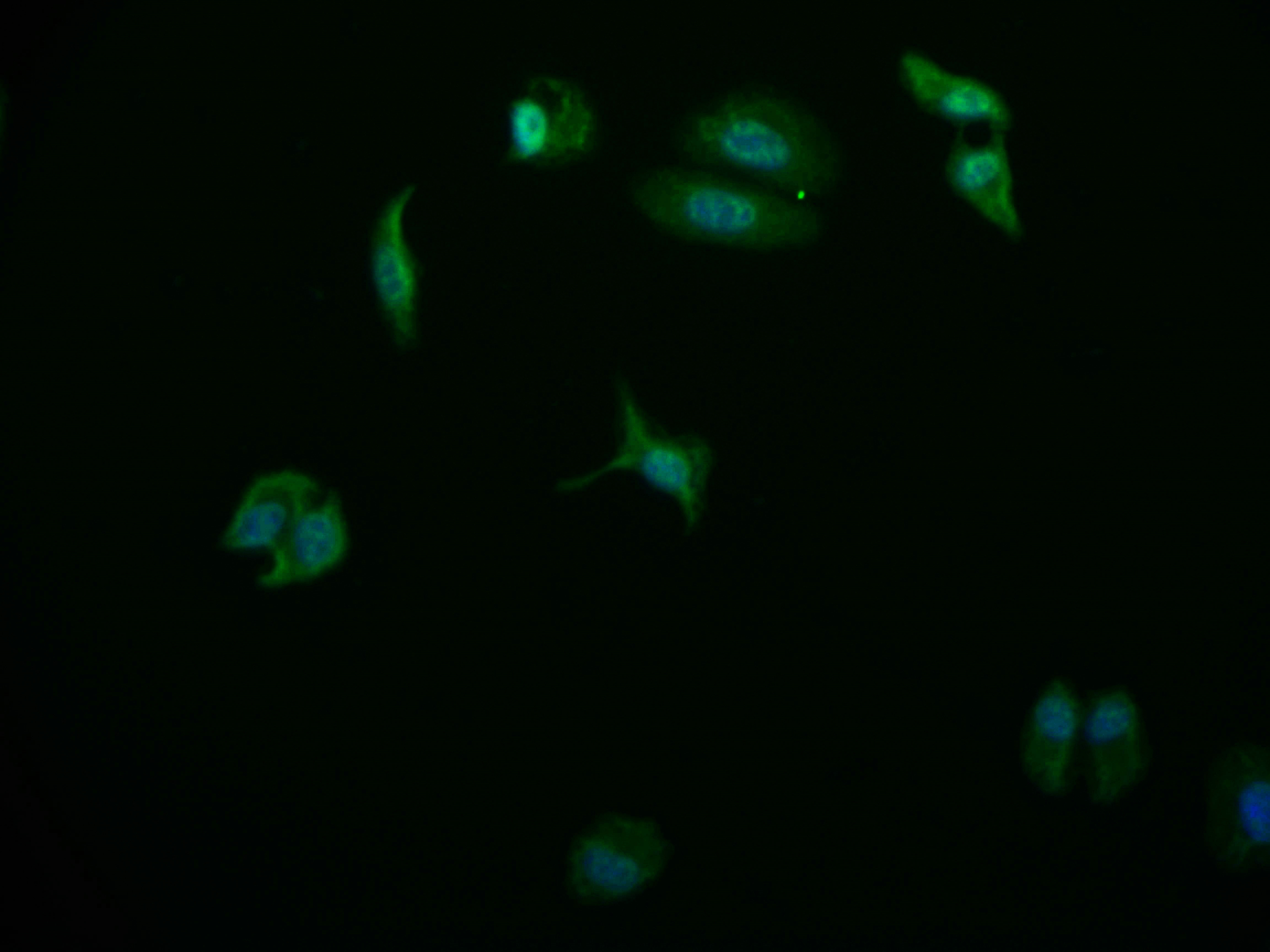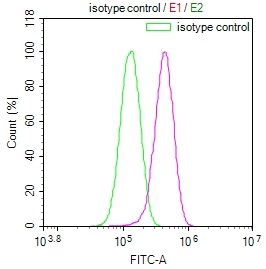The production of the USP24 recombinant monoclonal antibody involves genetic engineering techniques, which include cloning and expression of the gene that encodes for the USP24 monoclonal antibody. To generate the USP24 monoclonal antibody, a synthesized peptide derived from human USP24 protein is used as the immunogen. After obtaining the MAS1L recombinant monoclonal antibody, it is subjected to affinity chromatography purification to ensure high purity. The purified antibody specifically binds to the USP24 protein and has been validated for use in human samples. Three tests including ELISA, IF, and FC have been conducted to verify the quality and specificity of the USP24 recombinant monoclonal antibody.
The USP24 protein belongs to the family of deubiquitinating enzymes (DUBs) and plays a critical role in regulating the ubiquitin-proteasome system (UPS) by removing ubiquitin molecules from proteins that are targeted for degradation. USP24 is a large protein with multiple domains and has been shown to regulate the stability and activity of several key signaling proteins, including Smad proteins involved in TGF-β signaling, TRAF2 and TRAF6 proteins involved in TNF-α signaling, and HIF-1α involved in the hypoxia response. In addition, USP24 has been implicated in several cellular processes, including DNA damage repair, autophagy, and cell cycle progression. Overall, the main function of USP24 is to regulate protein homeostasis and cellular signaling by modulating the ubiquitination status of its substrates.







